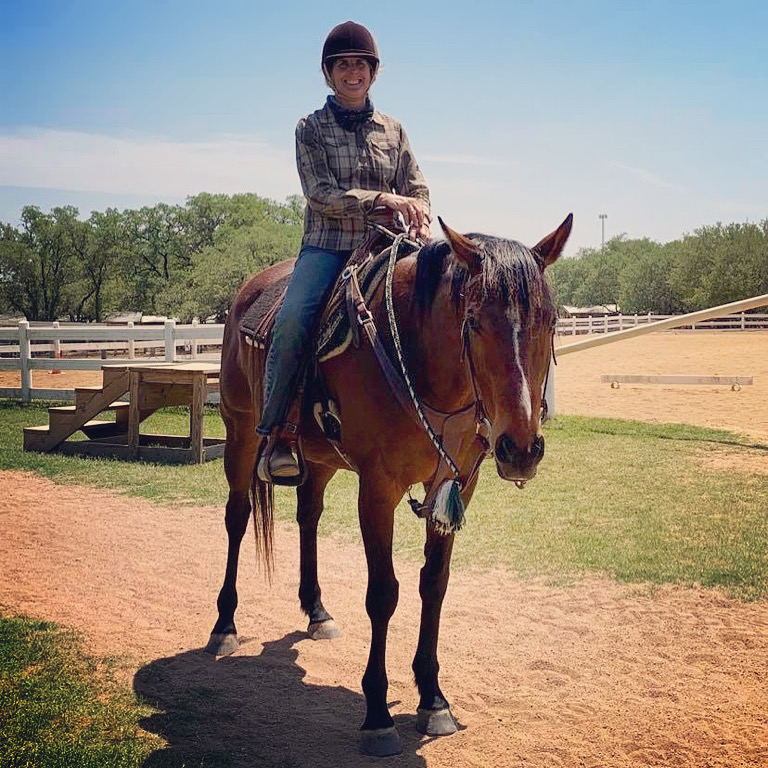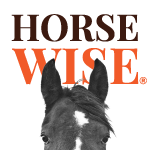
Do it again. Just one more time, to make sure we get it right. So we can be perfect for the (insert here) show, the clinic, the trainer, my parents or that group of onlookers over there.
There are two things wrong with this approach to working with your horse. First, it’s drilling. You’re asking your horse to repeat a movement over and over again. With this mindset, you rarely are rewarding your horse for trying harder or making incremental progress on something new for him. Instead, you are just telling him to rinse, repeat, rinse, repeat endlessly. There is no nuance or recognition that your horse might need a break from the task, mentally or physically.
Maybe to you, practice makes perfect. But to the horse, mind numbing repetition isn’t practice. It’s just a grind without a clear exit. Horses don’t learn well that way. They need to have steady releases and rewards, in order to build progress in their performance. Horses aren’t people. They aren’t goal driven or motivated by scoresheets.
Horses aren’t people. They aren’t goal driven or motivated by scoresheets.
Second, you’re not really focused on your horse when you’re doing this. Instead you are fixated on what someone else thinks of you and how you ride your horse. Shows are fun and can be a great way to improve your riding. But if you fixate on your scores, a judge or the audience, you will miss the most important thing — your horse. If your horse isn’t perfect at a sliding stop or flying lead changes, it’s true your scores might be lower or he might not look flawless in warmup. So what?
Making him repeat it endlessly at home (till he comes to dread the task and possibly you) — just so you can improve your score or attract admiration — will not help your horse where it counts the most. He can’t build confidence in the movement that way. Or in you.
It really does take the time it takes. That might seem way too slow for you. But your inner clock isn’t important. The horse has to be given the time, space and steady process he needs in order to learn. It’s up to you to figure out how to best give that to him.
Changing your mindset on achievement takes time. Being aware of your horse is an ongoing discipline. These are the goals worth practicing each day. Your horse will thank you if you do. And you will be amazed by the progress you will make together.
Putting the horse first isn’t saying that you should spoil your horse or never expect any performance from him. It’s recognizing that your partner is a living, breathing creature with his own thoughts, emotions and ways of learning. Because you are the partner with the frontal lobe, it’s your responsibility (by default) to adapt the training program to fit your individual horse.
That’s where the best things happen anyway. Those “aha” moments when the horse suddenly learns something fully and you feel that confidence bloom in him. The days when your horse greets you with a nicker at the gate, because he’s so eager to work with you. The shows where your horse does his absolute best and you forget to pick up your scores. Because they are irrelevant to you (and your horse) on that day.
Changing your mindset on achievement takes time. Being aware of your horse is an ongoing discipline. These are the goals worth practicing each day. Your horse will thank you if you do. And you will be amazed by the progress you will make together.

